Getting a Car Loan
 The process for getting a car loan is similar to the process used for almost any other loan. You will need a credit check, and might need proof of income (although this isn’t always necessary). Your credit score is an important part of your car shopping process when you want to lease or finance your car, since it will determine what interest rate you get, as well as how much you are able to borrow.
The process for getting a car loan is similar to the process used for almost any other loan. You will need a credit check, and might need proof of income (although this isn’t always necessary). Your credit score is an important part of your car shopping process when you want to lease or finance your car, since it will determine what interest rate you get, as well as how much you are able to borrow.
As you fill out the loan application, you will need to provide your Social Security Number (so your credit file can be pulled), address, phone number, income, employer information (this includes address and phone number), and information about how long you have lived in your current residences, as well as whether you rent or own. Your application will also include how much other debt you have, and your payment obligations.
Bank/Credit Union Financing
One of the best things you can do prior to shopping for a car is to receive pre-approval from a bank or credit union. During this process, the bank or credit union checks your credit, and other factors, and decides how much you are eligible for. You receive a pre-approval document, and can then use it as you look for a car.
An advantage to bank or credit union financing is that you have the ability to shop for cars from private sellers, as well as from dealers. You have more options when sellers see that you have access to the funds you need to buy a vehicle. Additionally, with pre-approval for bank or credit union financing, you can compare that offer with what is available from the dealer.
Dealership Financing
Many people are surprised to learn that a large portion of dealership profits come from the loans they originate for car buyers. While there are dealerships that also provide the financing (and receive the benefit from charging interest), a large number of dealerships act more like loan brokers than lenders.
In some cases, dealerships send your information to a variety of financing partners, and different offers come back. If this is the case, the dealer receives a commission, while someone else services your loan. Some dealers have a relationship with only one finance company, while others have relationships with several. You need to be careful to find out your options, or the dealer might try to push you into a loan that pays them a higher commission – even if it costs you more.
Sometimes, though, dealer financing can be a good option. If there are special incentives, it’s possible to get a deal on a loan originated through the dealer. You need to be careful, though, since special deals can disappear if you pay late.
Compare the Two
It’s best to compare the two before making a decision. If you have a few credit inquiries within a short period of time, it is clear that you are shopping around for a loan rate, and your credit score won’t drop too much. Try to get pre-approval for a car loan before you go to the dealer, and then compare the financial deal offered by the dealerships with what is offered by the bank or credit union. When you follow this plan, you have a better chance of getting the best deal for you.

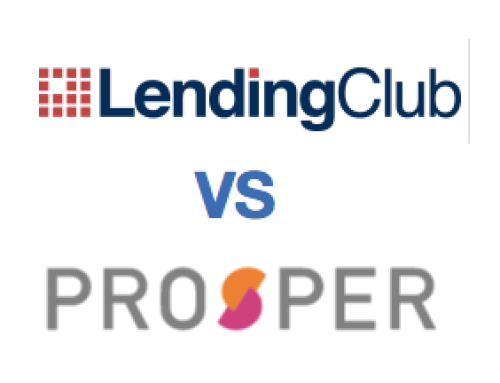
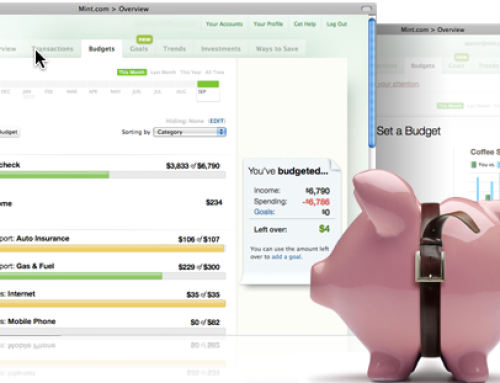
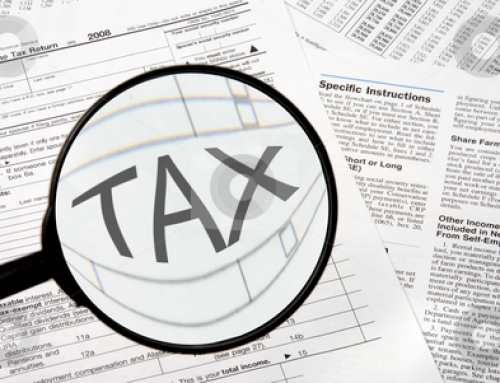
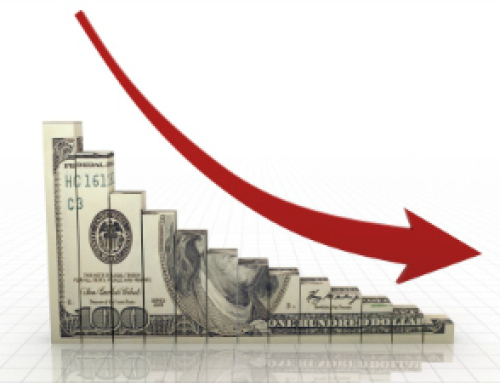
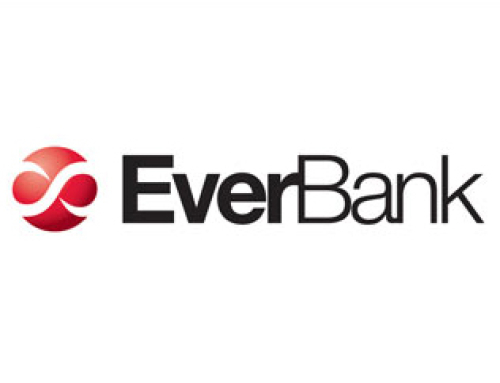







Follow Us